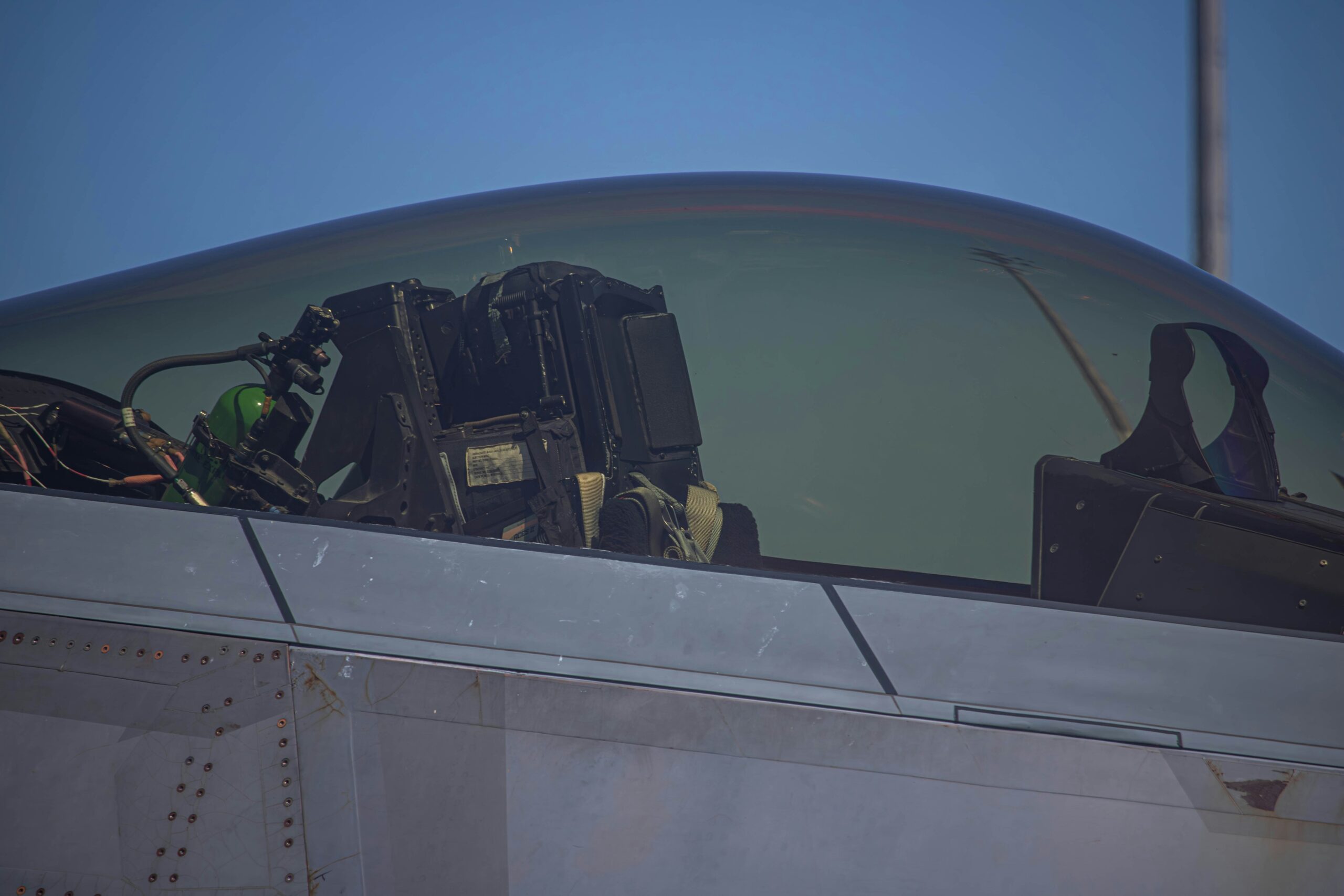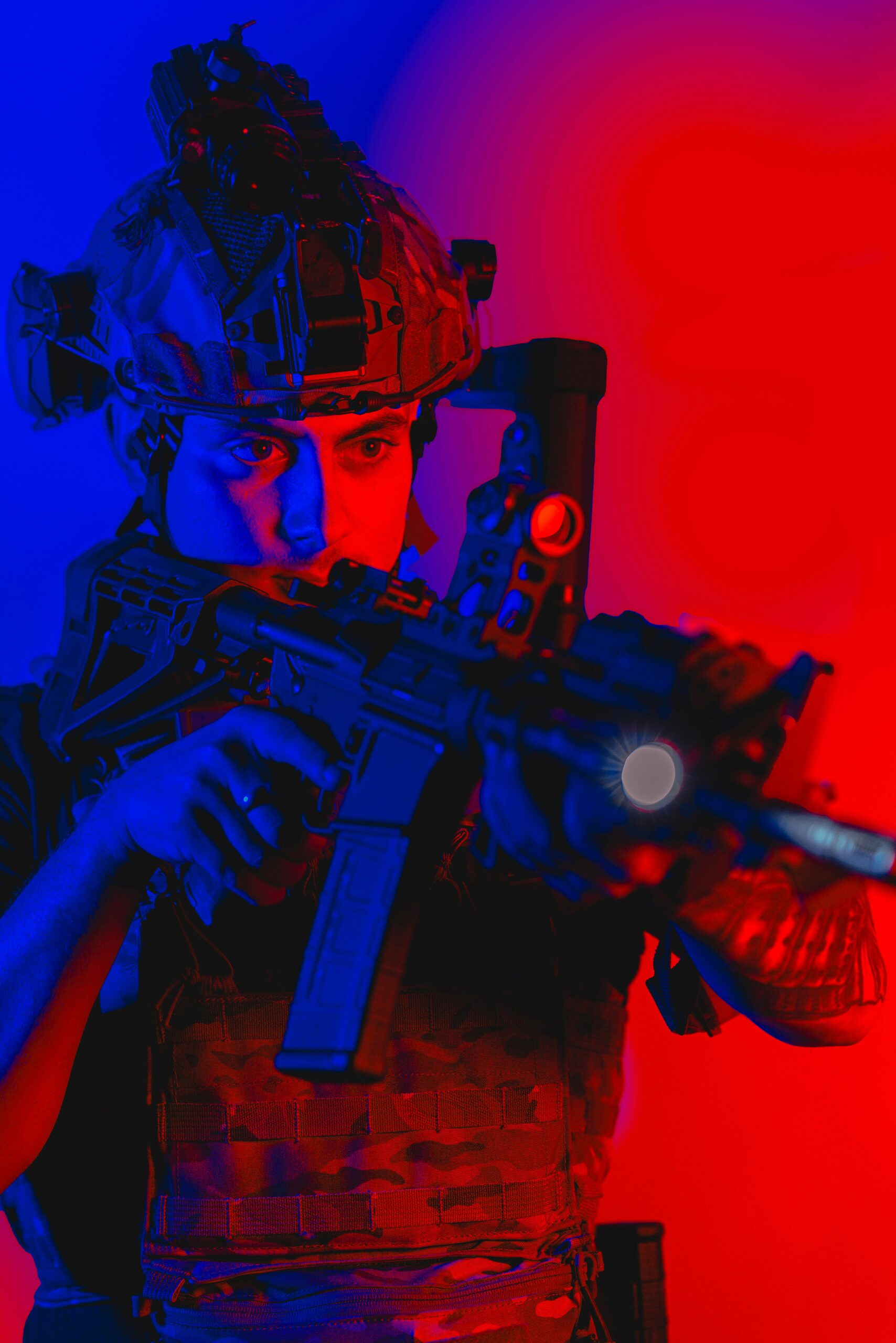Have you ever pondered the impact of cutting-edge technology on modern warfare? The battlefield has always been an arena where strategic advantage is pivotal, and in today’s world, military optics have emerged as a crucial factor in gaining that edge. Military optics, from sophisticated scopes to night vision goggles, play a transformative role, enhancing the capabilities of soldiers, increasing accuracy, and providing invaluable data. Let’s delve into the significant advantages military optics offer in combat scenarios.

Understanding Military Optics
To appreciate the benefits of military optics, it’s essential to understand what they encompass. Military optics include a range of equipment designed to enhance visual acquisition and targeting capabilities. These encompass rifle scopes, binoculars, infrared devices, laser range finders, and night vision goggles. Each of these devices serves a unique purpose in the field, contributing to a soldier’s ability to surveil, target, and engage with precision.
Evolution of Military Optics
Military optics have undergone significant evolution over the years, driven by advancements in technology and battlefield requirements. Early optics were rudimentary, limited by physical constraints and material availability. However, with the advent of digital technology, modern optics are now feature-rich, lightweight, and durable. The integration of digital components and advanced lenses has drastically improved the clarity, range, and usability of these devices.
Advantages of Enhanced Situational Awareness
One of the primary benefits of military optics is the heightened situational awareness they provide to combatants. Modern warfare is often fought in environments with challenging visibility, such as dense forests or urban landscapes. Here, optics become indispensable.
Navigating Challenging Environments
Military optics allow soldiers to navigate and operate effectively in environments that would otherwise compromise visibility. For instance, night vision goggles enable clear vision in complete darkness, while thermal imaging sensors can detect heat signatures through smoke or dense foliage. This capability can be crucial in surprise ambushes or stealth operations where traditional vision is impaired.
Improved Threat Detection
The ability to detect threats from a distance gives military personnel the advantage of time to react. High-powered rifle scopes and long-range binoculars allow for identifying enemy personnel or equipment before they come into close quarters. This early detection enables better strategic planning and engagement, often preventing potential threats from escalating.
Precision and Accuracy in Targeting
Another key advantage of military optics is the enhanced precision and accuracy they offer in targeting. In combat, the accuracy of a shot can mean the difference between mission success and failure.
Advanced Targeting Systems
Modern military optics often integrate advanced targeting systems, including internal range finders, ballistic calculators, and GPS. These systems provide real-time data on distance, bullet trajectory, and environmental conditions, such as wind speed and direction. This data ensures that soldiers can aim with pinpoint accuracy, reducing the likelihood of missed shots and collateral damage.
Impact on Ammunition Efficiency
Precision targeting also leads to more efficient use of ammunition. When shots are accurate, the number of rounds fired decreases, conserving resources and lowering supply lines’ burden. This efficiency can be crucial in protracted engagements where resupply may be challenging.
Tactical Advantage and Strategic Planning
Military optics offer a substantial tactical advantage on the battlefield. With superior optics, forces can plan effectively, execute with precision, and adapt swiftly to changing situations.
Enhanced Command and Control
Optics integrated into command and control systems empower leaders with actionable intelligence. Real-time data from various optical devices can be shared across units, ensuring synchronized and well-informed tactical maneuvers. This coordination can lead to decisive action and swift dominance in engagements.
Role of Optics in Surveillance and Reconnaissance
Military optics are indispensable tools in surveillance and reconnaissance missions. Devices like drones equipped with high-resolution cameras provide a bird’s-eye view of the battlefield, offering critical intelligence on enemy movements and terrain. This information is invaluable for crafting strategic plans and anticipating enemy tactics.

Psychological Edge and Confidence Boost
Having superior tools can also provide a psychological edge in combat. Knowing that they have state-of-the-art technology can boost soldiers’ confidence and morale, impacting their performance positively.
The Role of Optics in Soldier Confidence
A soldier equipped with advanced optics can operate with greater confidence, knowing they have an edge over adversaries. This increased confidence often translates to heightened effectiveness and resilience in challenging situations, contributing to team morale and overall success.
Psychological Impact on the Enemy
The visibility of advanced optics can also have a psychological impact on adversaries. Knowing that opposing forces have the capability to see and engage from great distances can deter enemy aggression and reduce morale, impacting overall battlefield dynamics.
Overcoming Environmental Challenges
Environmental conditions in combat zones are often unpredictable and can dramatically impact operations. Military optics help overcome these challenges by adapting to various conditions for optimal performance.
Adverse Weather Adaptability
Advanced military optics are often built to function under severe weather conditions, such as rain, fog, or sandstorms. Optics with anti-fogging lenses, water-resistant coatings, and durable housings ensure that soldiers are not hindered by environmental changes.
Temperature Extremes and Durability
Modern optics are also designed to withstand temperature extremes, ensuring reliable performance from arid deserts to icy terrains. Their durability contributes to sustained operational capability, preventing equipment failure when it is needed most.

Cost Implications and Resource Allocation
While military optics offer undeniable advantages, their cost implications and resource allocation must be considered. Investing in high-quality optics can be significant, but the return on investment in terms of operational success and resource efficiency is often worth it.
Balancing Cost and Benefit
The initial investment in military optics may be high, but the long-term benefits they provide often offset this cost. By increasing operational efficiency and reducing wasted resources, these devices contribute to overall mission success and can help mitigate the need for expensive corrective actions in the field.
Training and Maintenance Considerations
Effective use of military optics requires training, which entails additional investment in time and resources. Regular maintenance and updates to these devices are also crucial to ensure they remain functional and effective. Budgeting for these aspects ensures that the technology remains an asset rather than a liability.
Future Trends and Technological Innovations
The future of military optics is poised to bring even more revolutionary changes to combat strategy and execution. Emerging technologies promise to enhance the capabilities and integration of optics in military operations.
Integration of Augmented Reality
One exciting trend is the integration of augmented reality (AR) within military optics. AR systems can overlay crucial mission information onto a soldier’s field of view, providing real-time data without diverting attention from the battlefield. This integration can enhance situational awareness and decision-making processes.
Advances in Miniaturization and Portability
Ongoing advancements in miniaturization and portability are set to make military optics even more accessible and user-friendly. As devices become smaller and lighter, soldiers can carry more comprehensive optic gear without being weighed down, enhancing adaptability and versatility on the battlefield.

Ethical Considerations and the Human Element
The integration of military optics in warfare also raises ethical considerations and emphasizes the human element in combat decisions.
Ethical Use of Advanced Technology
The use of advanced optics must be aligned with international laws and ethical standards. Ensuring that these technologies are used to minimize harm and adhere to rules of engagement is crucial in maintaining moral legitimacy on the battlefield.
Balancing Technology with Human Judgment
While optics provide valuable data, the ultimate decision-making still rests with humans. Balancing technology’s input with human intuition and judgment is essential in ensuring ethical and effective combat strategies.
Conclusion
Military optics undeniably provide significant advantages in combat. From improved situational awareness and precision targeting to strategic and psychological benefits, the impact of these technologies is profound. As advancements continue, optics will become even more integral to military operations, offering unmatched enhancements to modern warfare strategies.
Incorporating such technologies into military operations demands careful consideration of costs, training, and ethical implications. Balancing these elements ensures successful integration and maximizes the transformative potential of military optics in combat scenarios.
| Advantages of Military Optics | Benefits |
|---|---|
| Enhanced Situational Awareness | Clear visibility in challenging environments |
| Precision Targeting | Accurate shots, reduced collateral damage |
| Tactical Advantage | Improved command and control |
| Psychological Confidence | Boosts morale and deters enemy aggression |
| Environmental Adaptability | Overcomes weather and terrain challenges |
In the ever-evolving landscape of warfare, staying ahead with superior technology is not just an advantage but a necessity. As you contemplate the future of combat and defense strategies, the role of military optics cannot be understated—ushering in a new era of precision, efficiency, and strategic dominance.

